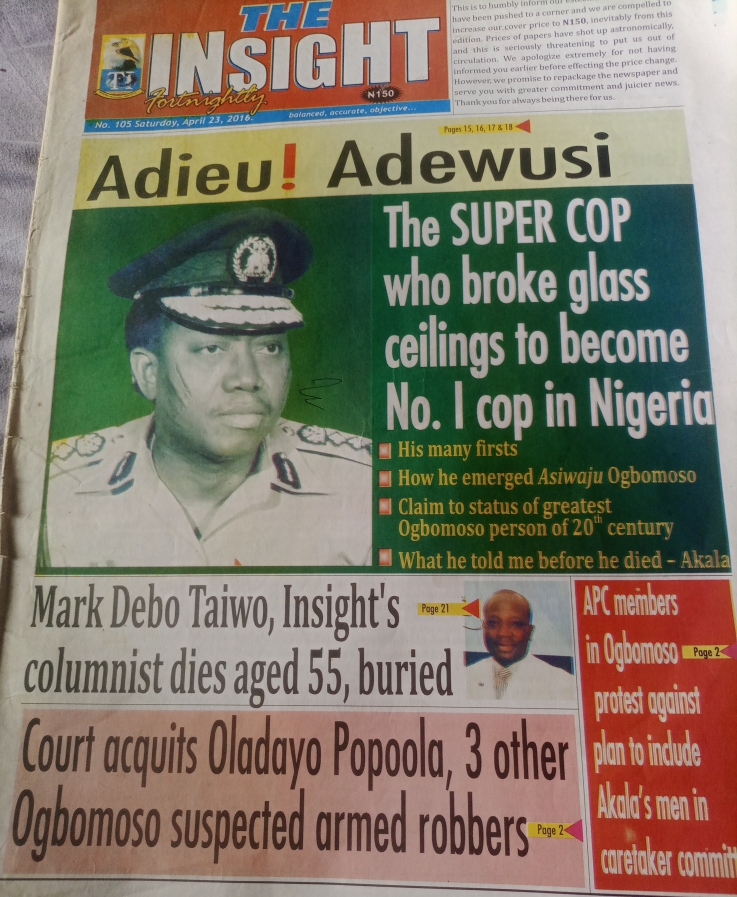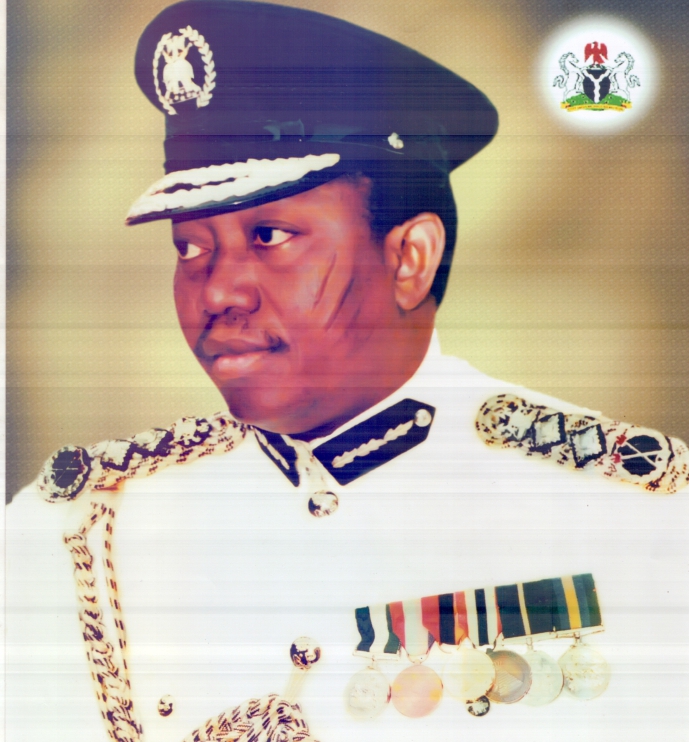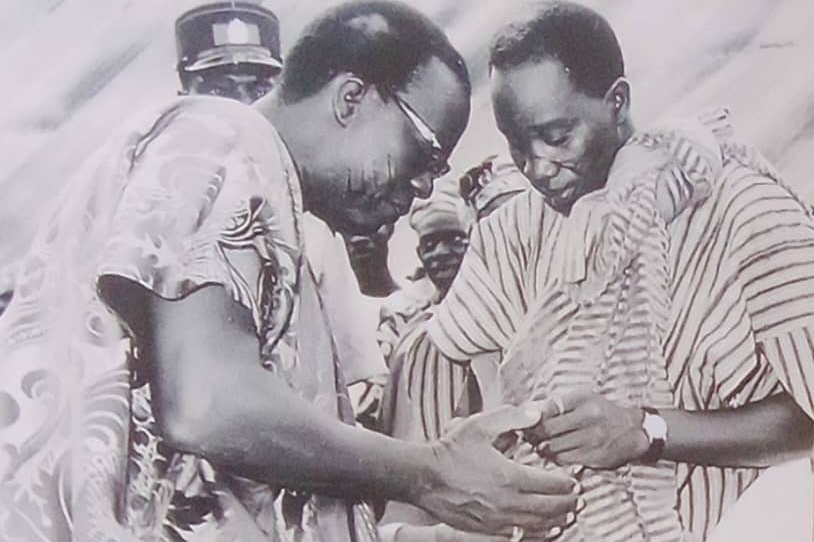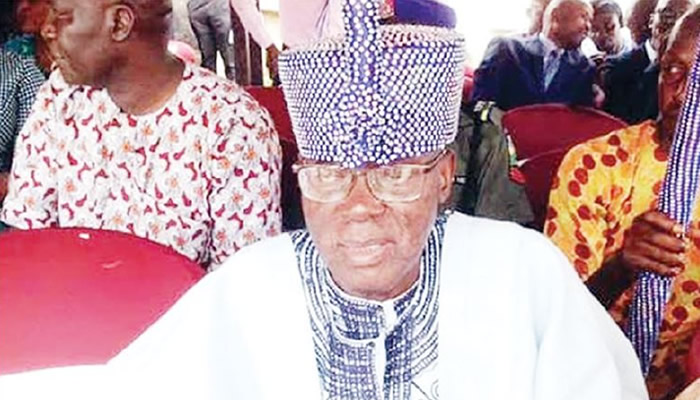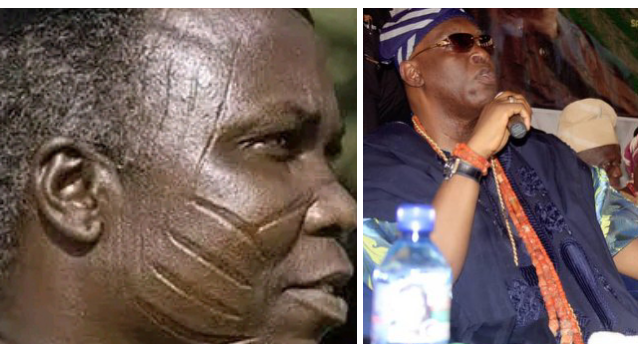9th memorial: Remembering Sunday Adewusi, super cop who became no 1 cop in Nigeria
Femi OGUNLANA
Advertisement
Late Chief Sunday Adedayo Adewusi’s 9th remembrance anniversary is today, Sunday, January 26, 2025. He died on January 26, 2016 at the age of 79. Chief Adewusi attained national fame early after strings of exceptional performances in the force culminating in his being appointed the Inspector General of Police (IG) in 1981. He stands alone in the history of Oyo state as the first and only IGP produced by the state so far, a feat he accomplished at the age of 45. He was also the first Yoruba man ever to occupy the position of IG. He also holds the enviable record of being the youngest IGP ever. Then, years after retirement, he was conferred with the prestigious title of Asiwaju of Ogbomosoland, a chieftaincy bestowed by the immediate past Soun of Ogbomosoland His Imperial Majesty Oba (Dr) Oladunni Oyewumi Ajagungbade III JP CON, CFR in 2003. Yet, he stormed from obscurity to the plane of fame and success.
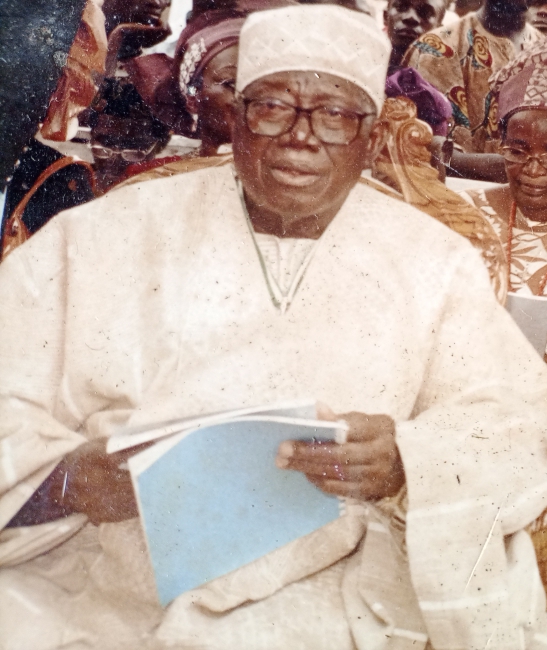
Chief Adewusi, of Ogbomoso heritage, was born on December 6, 1936 in Jos, today’s capital of Plateau state. His parents took residence at Mada station, an important railway station at Nassarawa Eggon local government. He attended schools here such as the Church Missionary Society Mission School and Baptist Day School. In primary school he was called by the names Sunday Abraham and Danladi Ibrahim but shortly after, he reverted to his original name, Sunday Adewusi, that was after he was advised by the head teacher of the school, (now late Deacon) Ogunjumo, who also hailed from Ogbomoso. He proceeded to Government College, Keffi. He took the entrance examination into the school, which granted him automatic admission because he was the overall best. He grew up an upright young man, feared by other students for his firm stance against indiscipline, which made him earn the nickname, “Mr. Cut Grass,” as he was fond of alloting portions for grass cutting to erring students. His unrelenting efforts to whip erring students into line elicited one of his teachers to urge him to follow a career in the police force, which he yielded to. Thus, after completion of his secondary education in 1956, in 1957, he was admitted into the Police College, Ikeja, Lagos, as a cadet sub-inspector. He excelled also in the Police College, he emerged top of the class winning the Cane of Honour award in 1958. He also emerged overall best officer at the Man O’ War Bay Course in Southern Cameroon, where he had proceeded to. He also attended the Detective Training School at Wakefield, England, during which he was promoted Assistant Superintendent of Police (ASP). He also studied at the Lincoln House for courses in intelligence gathering and dissemination. He attended several other courses and seminars to properly hone his skills as a thoroughbred police officer.
Advertisement
As a police officer he served in many states including Kwara state (where he was Motor Traffic Police Officer) and in Kano (same position); in both positions he distinguished himself exceedingly. He also became the AIde-de-Camp to the then Governor-General of Nigeria, Dr. Nnamdi Azikwe. Azikwe indeed conducted the interview personally for top qualified officers and he found Sunday Adewusi as the first among equals. His prodigious talents in all ramifications also saw him being selected (instead of the Director of Information) to anchor the state banquet held to commemorate Nigeria’s metamorphosis into a Republic in 1963. The event had in attendance premiers of the three regions – SLA Akintola (Western region), Ahmadu Bello (Northern region) and Michael Okpara (Eastern region) – members of the Diplomatic Corps and other eminent dignitaries. His performance was greeted with a standing ovation. Also in 1963, he was elevated to the rank of Superintendent of Police (SP).
Meanwhile, in 1964, he attended an advanced course at the Police Staff College, in Scotland just as he attended East Reading Constabulary, Lancashire, Yorkshire for further advanced studies. He travelled extensively in overseas countries to hone his skills in policing and by 1967, he was promoted a Chief Superintendent of Police (CSP). He served in many capacities, as Provincial (Divisional) Police Officer, Acting Commissioner of Police, rising to become full Commissioner of Police in 1972. He got into interpol after he was deployed to the Force Criminal Investigation Unit, Alagbon Close, Ikoyi, in Lagos, as the Commissioner of Police in charge of Criminal Investigation. It was here he first met Christopher Adebayo Alao-Akala (now late), who later became the executive governor of Oyo state (2007 – 2011). Alao-Akala, who was also from Ogbomoso emerged as his personal assistant and ADC, after he was appointed Inspector General of Police.
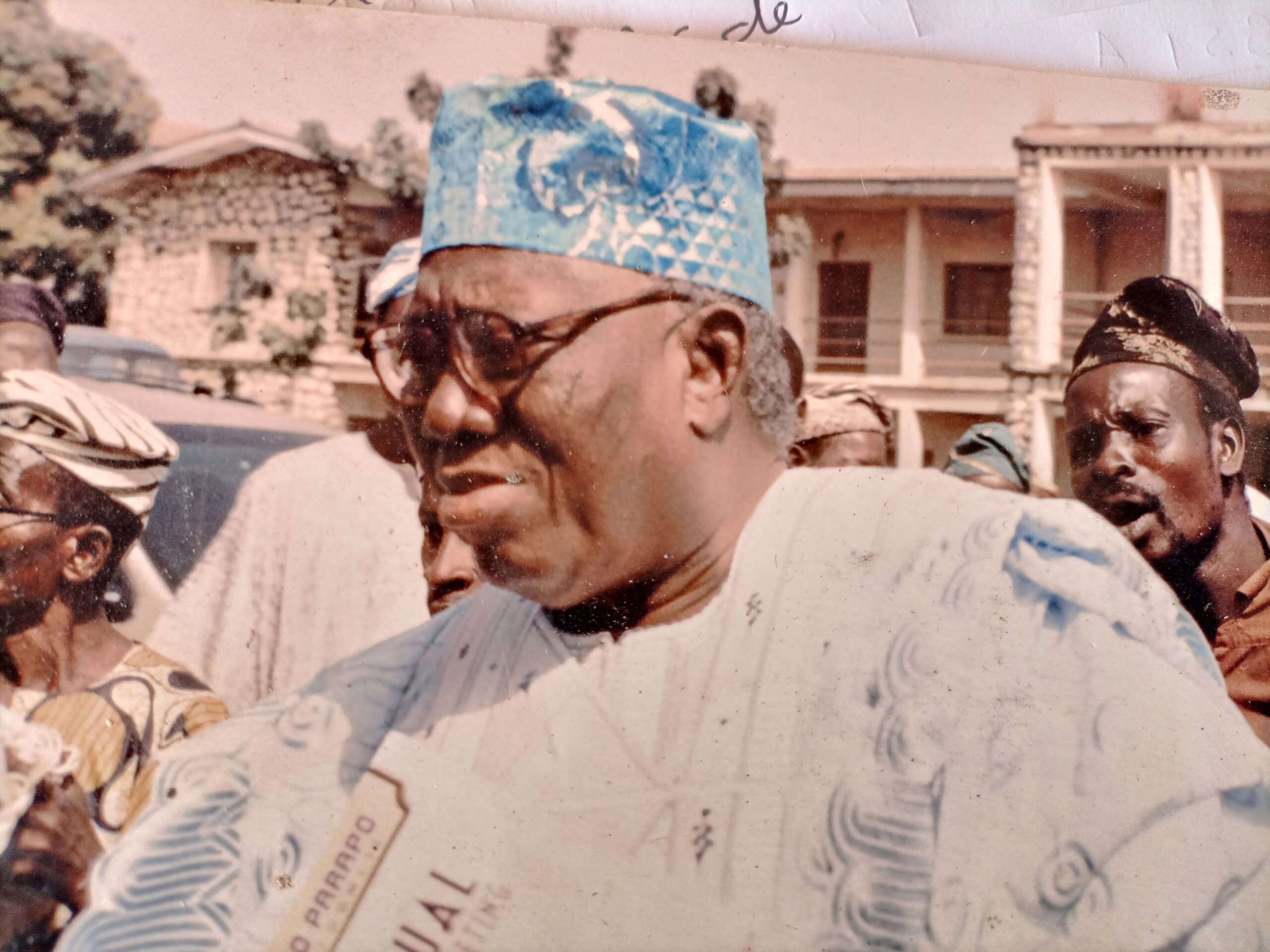
Adewusi rose to the rank of Assistant Inspector General of Police (Operations, Force Headquarters), in 1975. It was during this time that he restructured the Mobile Police Unit, which had become ineffective. The unit under him received a bite and became popular as the dreaded MOPOL. His report led to the establishment of the Mobile Training School in Gworza, Borno state. He also founded the Police Cooperative Society and created Police Area Commands in all Senatorial Districts of the country.
In 1981, he was appointed the IG by President Sheu Shagari, who overlooked two senior officers ahead of him. As IG, he left a remarkable legacy such as improving the overall efficiency and effectiveness of the police by massively equipping them, founded a Nigeria Police Hospital, bolstered the number of the fighting jets of the Nigeria Police Air Wing, instituted the Police Academy Wudil Hero’s Award for brave policemen who paid the supreme sacrifice in the course of duty, and in 1984, he personally led his men to quell the Maitasine riot in Kano. Under Adewusi, backed by President Shagari, the Police reached its zenith in Nigeria, strategically equipped and turned into an effective fighting force, it is claimed it’s one of the reasons that the army staged the 1983 coup that ousted Alhaji Sheu Shagari, as the army began to fear the power of the police under Adewusi.
This insinuation, General Abdulkareem Adisa, a former military administrator in Oyo state, attested to in his book, “Racing against time,” when he said, “…the civilian government continued to fund and equip the police, particularly, their paramilitary Green Beret unit such that they could act as a counterpoise to the army. The profile of the Inspector General of Police at that time, Mr. Sunday Adewusi, was awesomely high. The Police acquired more powers and were being readied to take on duties that were normally the preserve of the army.”
The military coup of December 1983, which brought in General Muhammadu Buhari as military Head of State terminated his police career.
Post-police career, he continued contributing to the progress of mankind. He founded a mechanized farm (crop and livestock units) at Eyenkorin, near Ilorin, played a key role in the establishment of the Public Complaints Commission (PCC, the Ombudsman) as deputy chairman of the committee that understudied its operation in some Scandinavian countries, served as member of the Defence Industries Corporation, Kaduna, vice chairman Anti-Corruption Crusade, chairman, Association of Retired Police Officers, appointed a delegate to the National Constitutional Conference as leader of Oyo state delegates; served as chairman of both First Bank of Nigeria Plc and United Bank for AfricaPlc at different times. Also, he played a pivotal role in the founding of LAUTECH and its location in Ogbomoso just as he contributed significantly to the founding of Ogbomoso Ultra-Modern Market and creation of more local governments in Ogbomoso zone.
Advertisement

He has been adequately rewarded bagging several awards and recognitions. He was conferred with the national awards of Commander of the Federal Republic, CFR (1981) and Grand Commander of the Niger, GCON (1999). People of Mada station (now in Nassarawa state, where he was born), conferred on him the war title of Garkuwan Nasarawa Eggon (Commander–in-Chief of the Eggons) and Waziri Mada. He is also the Aare of Iruland. Also today, the Nigeria Police had named the building housing the Nigeria Police C.I.D. Special Fraud Unit (SFU) in Ikoyi, Lagos, “Sunday Adewusi House.” In addition, its 1,000 unit housing estate in Dokwa, Abuja, is named “Sunday Adewusi Housing Estate.” and he was among 188 prominent Nigerians and other accomplished Africans who got major streets renamed after them in Abuja, in May 2015.
The crowning glory was his being conferred with the title of Asiwaju of Ogbomosoland through consensus in October 2003.
He was last seen in public on December 26, 2015 at the 80th birthday of Chief (Dr) Ladiji Abidemi Gbadamosi CON, where he held forte as chairman of the occasion. Though frail he spoke glowingly of the celebrant. A month later he was no more, as he died in the evening of January 26 at the National Hospital, Abuja. Buried on April 8 in Ogbomoso, he is survived by his wife, Alhaja Ameenat Amasa Funso Adewusi, who hailed from Share in Kwara state, and children.
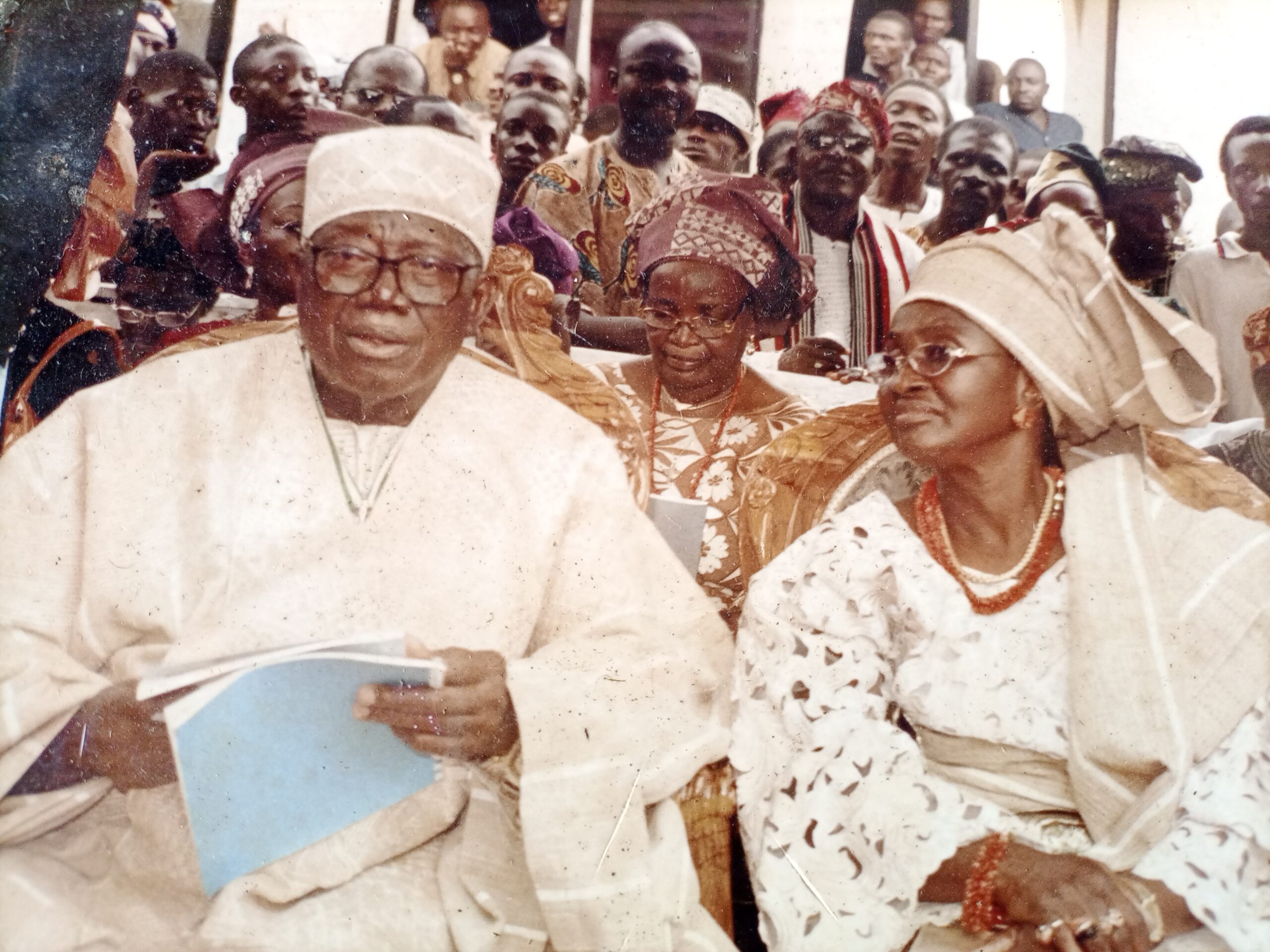
Throughout, he was worried by the “rivalries” among the different strata of Ogbomoso, which he strove vigorously to breach to no avail.
However, he is being remembered today as a great man who made his mark in the pageant of history, his inability to facilitate a major police institution to his hometown notwithstanding, for this is an area many love to vilify him for.
Continue to rest in peace, our unassuming Asiwaju!
